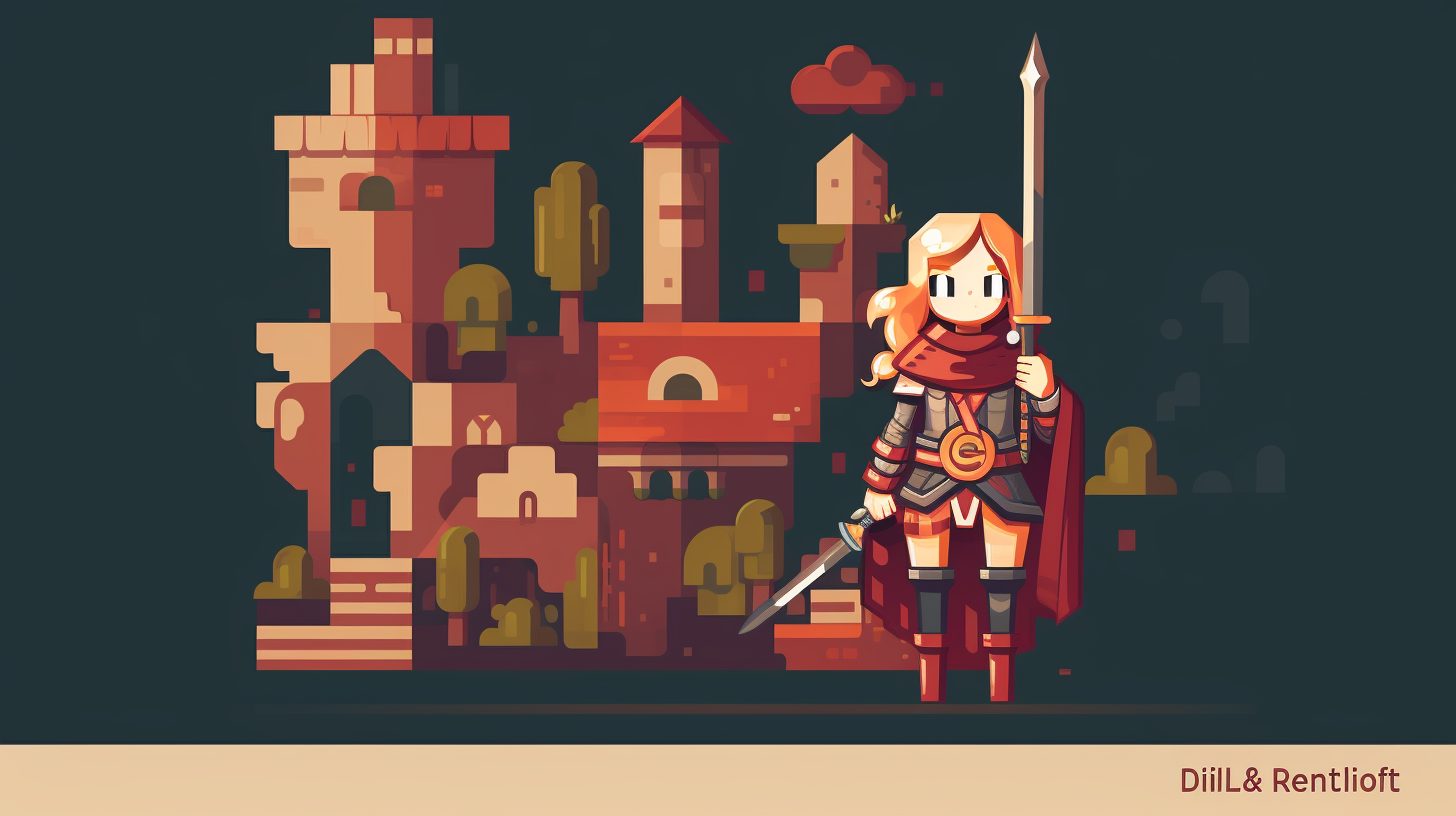Learning C# is a crucial step for aspiring game developers who want to create games using popular engines like Unity. This comprehensive guide will help you get started with C# and provide you with the essential knowledge to develop games efficiently.
Why Choose C# for Game Development?
C# is a versatile, object-oriented programming language that has become the go-to choice for many game developers. Its simplicity, ease of use, and powerful features make it an excellent choice for beginners and experienced developers alike. Some key benefits of using C# for game development include:
- Strong support in game engines like Unity
- Rich library of pre-built functionalities
- Highly readable and maintainable code
- Wide community support and resources
Now that you understand the advantages of using C# for game development, let’s dive into the learning process.
Getting Started with C# Basics
Before diving into game development, it’s essential to familiarize yourself with the basics of C#. Start by learning about:
- Data types, variables, and operators
- Control structures (if, else, switch, loops)
- Arrays and lists
- Functions and methods
- Classes and objects
- Inheritance and polymorphism
- Interfaces and abstract classes
- Error handling and exceptions
There are numerous resources available to learn C# basics, such as the official C# documentation and W3Schools C# tutorial.
Learn Unity and C# for Game Development
Once you’ve mastered the basics of C#, it’s time to learn how to use Unity, a powerful game engine that extensively utilizes C#. Unity offers a wealth of resources and tutorials to help you get started:
- Unity Learn – Offers a vast collection of tutorials, projects, and courses to help you master Unity and C#.
- Unity User Manual – The official Unity documentation provides comprehensive information on every aspect of the engine.
- Unity Community Forums – Connect with other developers, ask questions, and share your knowledge with the Unity community.
As you work through Unity tutorials, focus on understanding how C# scripts interact with Unity’s API and the various components in a game project.
Build Your Own Game Projects
The best way to learn C# for game development is to apply your knowledge in real-world projects. Start by creating simple games to build a solid foundation:
- 2D platformer
- Top-down shooter
- Puzzle game
- Endless runner
Gradually increase the complexity of your projects to strengthen your understanding of C# and Unity. This hands-on experience will also help you develop problem-solving skills and learn how to optimize your code for better performance.
Explore Advanced C# Concepts
As you become more comfortable with C# and Unity, start exploring advanced programming concepts to enhance your game development skills. Some topics to consider include:
- Design patterns (Singleton, Observer, State, etc.)
- Multithreading and asynchronous programming
- Networking and multiplayer game development
- Scriptable objects in Unity
- Custom editor tools and extensions
Digging into these advanced concepts will enable you to create more sophisticated games and improve the overall quality of your projects.
Join Game Development Communities and Follow Industry Experts
Being part of a community of game developers can provide invaluable support, feedback, and inspiration. Join forums, social media groups, and online communities focused on C# and game development. Some popular options include:
Additionally, follow industry experts and developers on platforms like Twitter, YouTube, and Twitch to stay up-to-date with the latest trends, tips, and best practices in C# game development.
Conclusion
Learning C# for game development may seem daunting at first, but with the right resources, dedication, and practice, you can master the skills needed to create amazing games. Start with the basics of C#, move on to Unity, build your own projects, explore advanced concepts, and engage with the game development community. By following these steps, you’ll be well on your way to becoming a successful C# game developer.







